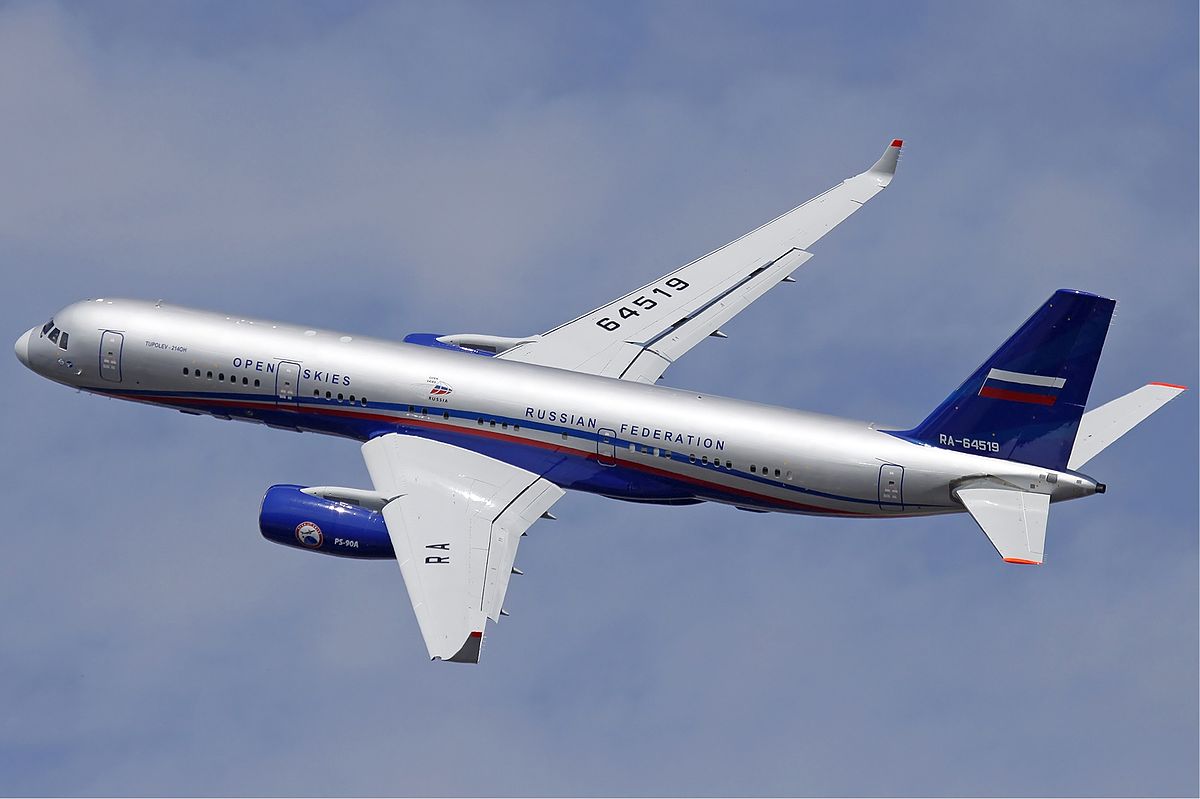
#Russia wants a commitment to the "#indivisibility of security" concept but its meaning has shifted over time. In fact, the #West introduced it during the #CSCE negotiations 1972-1975 in order to establish a linkage between human (non-military) & politico-military security 1/11🧵
https://twitter.com/IvoHDaalder/status/1488222215254339584
2/ At the time, the Soviet Union/WVO stressed the politico-military dimension but the West/Neutrals wanted both concepts to be treated as parts of #comprehensive security. Respect for #humanrights was to apply also within the Eastern Bloc in order to change the status quo.
3/ However, the term #indivisibility was only mentioned in the Preamble of the 1975 Final Act, where it was reduced to a vague notion of general common interests. After 1975 the debate over indivisibility focused on the indiscriminate implementation of human rights principles. 

4/ The political changes within the Eastern Bloc in the late 1980s affected the relative significance of the three CSCE baskets & altered the concept of #indivisibility. The Paris Charter took a leap forward, because now democracy became the only legitimate form of government. 

5/ In this spirit, the Paris Charter announced the 'end of division': “security is indivisible and the security of every participating State is inseparably linked to that of all the others”. The notion of #cooperativesecurity increasingly qualified the meaning of #indivisibility. 

6/ The CSCE Helsinki Summit document from 1992 codified that paradigm shift by speaking of a “community of free and democratic States”and adding (for the first time) that “no state in our CSCE
community will strengthen its security AT THE EXPENSE of the security of other States”.
community will strengthen its security AT THE EXPENSE of the security of other States”.

7/ It is essential to grasp this shift in meaning, because the idea to establish “new security relations based upon co-operative & common approaches to security” diverges substantially from the concept of cooperation during the Cold War, including
those prevalent within the CSCE
those prevalent within the CSCE
8/ Back then, limited East-West "cooperation" was not supposed to replace basic confrontation but to reduce the imminent risks of military escalation and to mitigate the worst consequences of the real geopolitical division for citizens: peaceful co-existence, not indivisibility.
9/ By contrast, during the 1990s OSCE documents, like the 1996 Lisbon Summit declaration, describe indivisibility of security as a fundamental element of the goal to achieve a common security space. The declaration speaks of "a common security space free of dividing lines". 

10/ Now, in 2022 one has to admit that this vision of a OSCE based pan-European common security space has not materialized, even though "indivisibility of security" since 1990 (!) refers to the denial of spheres of privileged interests in Europe. A reality that causes confusion.
11/ Overall, the meaning of the concept of indivisible security depends on the underlying concept of political community. Today, indivisible security (unfortunately), once again, points to geopolitical stability & (only) basic security linkages among OSCE participating states.
• • •
Missing some Tweet in this thread? You can try to
force a refresh





